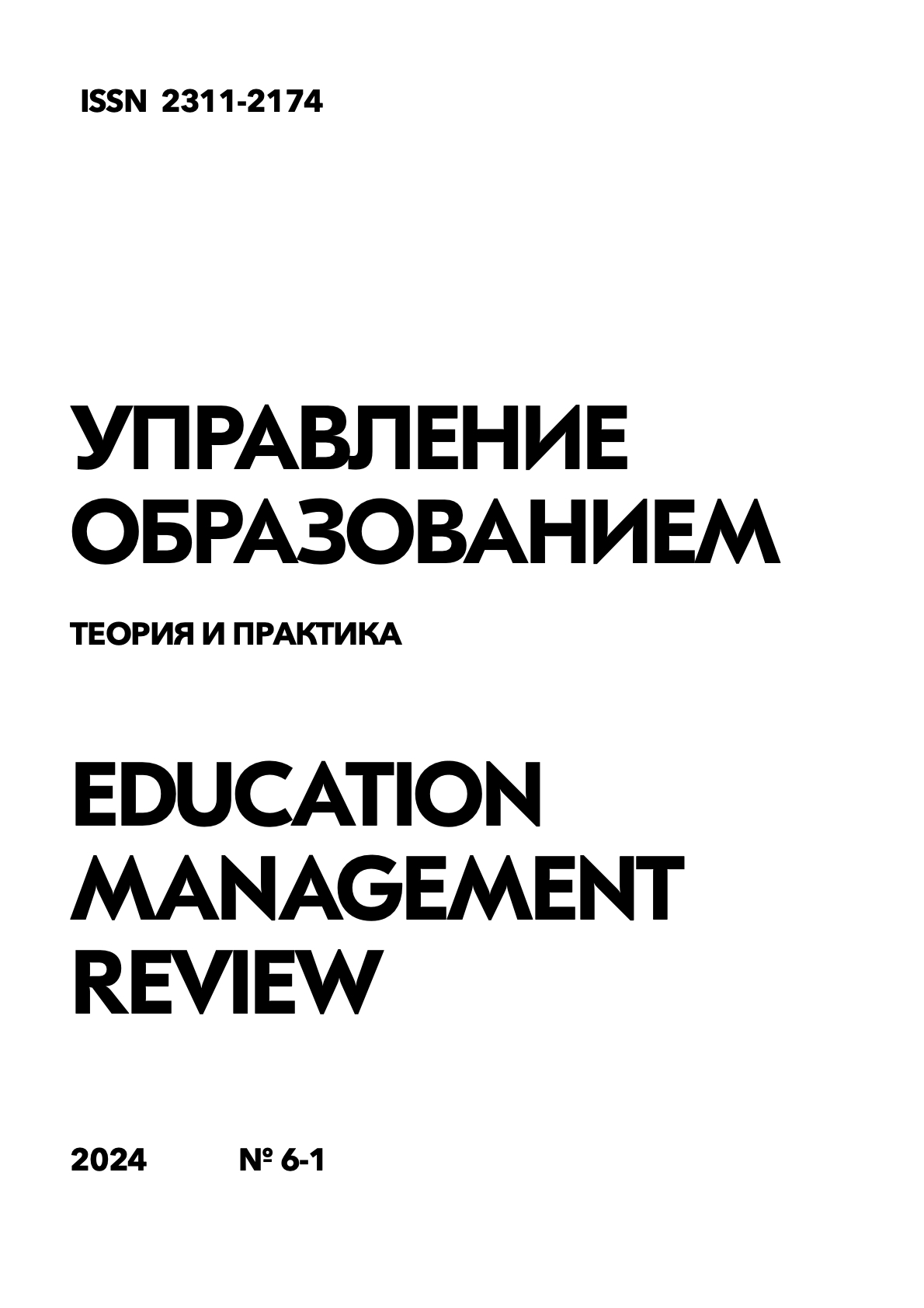Analysis of modern automation training methods and their impact on the productivity and efficiency of industrial processes
Keywords:
teaching methods, automation of production, labor productivity, professional development, digitalization of training, personnel managementAbstract
The rapid development of automation technologies requires rethinking approaches to training industrial personnel. An analysis of the relevant literature revealed the lack of a systematic vision of the relationship between teaching methods and production efficiency. The purpose of the study is to determine the impact of modern automation training methods on key performance indicators and to substantiate the optimal model of employee professional development. The study is based on an integrated approach combining quantitative analysis of data on learning performance (principal component method, cluster analysis) with a qualitative assessment of cases of implementation of advanced techniques (grounded theory). The empirical base consisted of data on 50 enterprises of various industries (quota sample, representative). A significant correlation has been established between the use of practice-oriented teaching methods (simulators, simulators, mentoring) and a 10-15% increase in labor productivity. The key barriers to the introduction of modern methods (insufficient funding, low involvement of management) are systematized. The author's model of a phased transition to an innovative paradigm of automation training is substantiated. The results obtained open up prospects for optimizing investments in human capital of high-tech industries. The proposed model is universal and can be adapted for enterprises of various profiles. The focus of further research is the development of a digital twin of the corporate training system
References
Agarwal R., Chandrasekaran S., Sridhar M. Imagining construction's digital future. Capital Projects & Infrastructure, McKinsey & Company, 2020.
Colombo E., Mercorio F., Mezzanzanica M. AI meets labor market: Exploring the link between automation and skills // Information economics and policy. 2019. № 47. рр. 27-37.
Erol S., Jäger A., Hold P., Ott K., & Sihn, W. Tangible Industry 4.0: A scenario-based approach to learning for the future of production // Procedia CIRP. 2016. № 54. рр. 13-18.
Güngör N.D., Gözlü S. The impact of industry 4.0 technologies on organizational performance: A meta-analysis // Technology in society. 2022. № 68. рр.101-841.
Hecklau F., Galeitzke M., Flachs S., Kohl H. Holistic approach for human resource management in Industry 4.0 // Procedia CIRP. (2016). № 54. рр. 1-6.
Kaasinen E., Schmalfuß F., Özturk C., Aromaa S., Boubekeur M., Heilala J., Walter T. Empowering and engaging industrial workers with Operator 4.0 solutions // Computers & Industrial engineering. 2020. № 139. рр. 105-678.
Lassen K.B. New ways of working in Industry 4.0: Aligning digitalization, skills, and corporate learning // The Learning Organization, ahead-of-print. 2022.
Longo F., Nicoletti L., Padovano A. Smart operators in industry 4.0: A human-centered approach to enhance operators' capabilities and competencies within the new smart factory context // Computers & Industrial еngineering. 2017. № 113. рр. 144-159.
Mourtzis, D., Boli, N., Dimitrakopoulos, G., Zygomalas, S., & Koutoupes, A. (2018). Enabling small medium enterprises (SMEs) to improve their potential through the teaching factory paradigm // Procedia manufacturing. № 23. рр. 183-188.
Prikshat V., Kumar S., Nankervis A. Work-readiness integrated competence model: Conceptualisation and scale development // Education+Training. 2019. № 61(5). рр. 568-589.
Veile J.W., Kiel D., Müller J. M., Voigt K.I. Lessons learned from Industry 4.0 implementation in the German manufacturing industry // Journal of manufacturing technology management. 2019. № 31(5). рр. 977-997.
Wang G., Yang H., Zhang R., Jia X. Research on human-computer interaction mode of industrial robot based on artificial intelligence // Neural computing and applications. 2020. № 32(17). рр. 13393-13407.
Whysall Z., Owtram M., Brittain S. The new talent management challenges of Industry 4.0 // Journal of management development. 2019. № 38(2). рр. 118-129.
Zangiacomi A., Pessot E., Fornasiero R., Bertetti M., Sacco M. Moving towards digitalization: a multiple case study in manufacturing // Production planning & control. 2020. № 31(2-3). pp. 143-157.
Zühlke D., Ollinger L. Agile automation systems based on cyber-physical systems and service-oriented architectures // Advances in Automation and Robotics. Vol. 2. pp. 567-574. B.; Heidelberg: Springer, 2012.
Downloads
Published
How to Cite
Issue
Section
License

This work is licensed under a Creative Commons Attribution-NonCommercial-NoDerivatives 4.0 International License.




